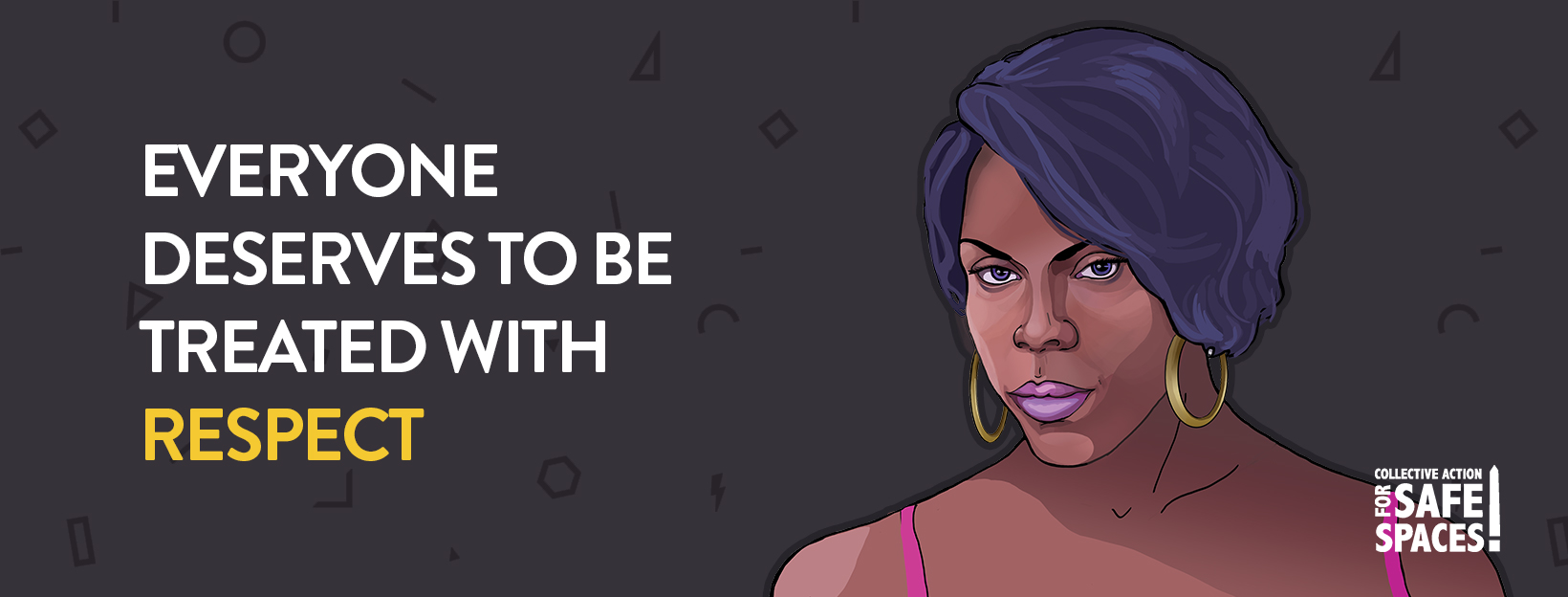Policy Platform
We envision a world where solutions for building public safety are rooted in research, education, art, storytelling, access to resources, and grassroots organizing. Learn more about our work by reviewing our policy platform.
Street Harassment Prevention Act
Moved by your stories and your advocacy, the D.C. Council funded the Street Harassment Prevention Act (SHPA)!
Together, we ensured that the first-ever legal definition of street harassment in the U.S. is broad and inclusive of the experiences of women, trans, and nonbinary people of color who experience sexual harassment on top of being misgendered, targeted with homophobic slurs, harassed based on their religious identities, and faced with everyday racism in DC’s public spaces.
The bill provides a budget for a citywide study on street harassment in DC as well as a public awareness campaign that may replicate the anti-harassment campaign across DC’s public transit system. Most critically, the legislation creates an advisory council inclusive of majority community representatives that will prescribe training for public-facing government employees and further measures to eradicate street harassment in DC.
Previous Work
2018: We collaborated with No Justice No Pride on a fact sheet de-mystifying the decriminalization of sex work.
2017: We published a fact sheet on the connection between state violence and gender-based violence.
2016: We worked with WMATA and Stop Street Harassment on WMATA’s first comprehensive study of sexual harassment on a city’s public transit system. The survey of 1,000 people found that 21 percent of people in the D.C. region have experienced sexual harassment on public transportation, which compares to 18 percent nationwide.
2015: We teamed up with Councilmember Brianne Nadeau (D-Ward 1), Stop Street Harassment, Defend Yourself, and the DC Rape Crisis Center to convene the first-ever DC Council roundtable specifically addressing street harassment and assault. Our policy paper — sent to the DC Council, to make the case for the roundtable — shows there is a definite clear pattern that street harassment is experienced by a majority of women in DC and a large number of men, especially those who are young and/or come from marginalized communities.[/vc_column_text]
Read Our Testimonies

